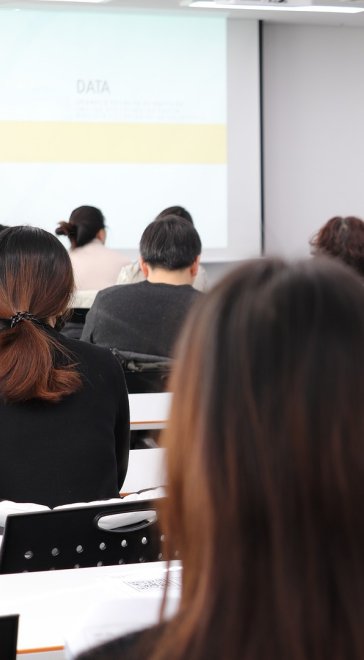Spatio-temporal DeepKriging for large environmental data

Gaussian processes (GP) and Kriging are widely used in traditional spatio-temporal modeling and prediction. These techniques typically presuppose that the data are observed from a stationary GP with a parametric covariance structure. However, processes in real-world applications often exhibit non-Gaussianity and nonstationarity. Moreover, likelihood-based inference for GPs is computationally expensive and thus prohibitive for large datasets. In this paper, we propose a deep neural network (DNN) based two-stage model for spatio-temporal interpolation and forecasting. Interpolation is performed in the first step, which utilizes a dependent DNN with the embedding layer constructed with spatio-temporal basis functions. For the second stage, we use Long Short-Term Memory (LSTM) and convolutional LSTM to forecast future observations at a given location. We adopt the quantile-based loss function in the DNN to provide probabilistic forecasting. Compared to Kriging, the proposed method does not require specifying covariance functions or making stationarity assumptions and is computationally efficient. Therefore, it is suitable for large-scale prediction of complex spatio-temporal processes. We apply our method to monthly PM$_{2.5}$ data at more than 200,000 space–time locations for fast imputation of missing values and forecasts with uncertainties. This initiative is part of the “Ph.D. Lectures” activity of the project "Departments of Excellence 2023-2027" of the Department of Mathematics of Politecnico di Milano. This activity consists of seminars open to Ph.D. students, followed by meetings with the speaker to discuss and go into detail on the topics presented at the talk. Contatti: laura.sangalli@polimi.it, simone.vantini@polimi.it, Piercesare.secchi@polimi.it

